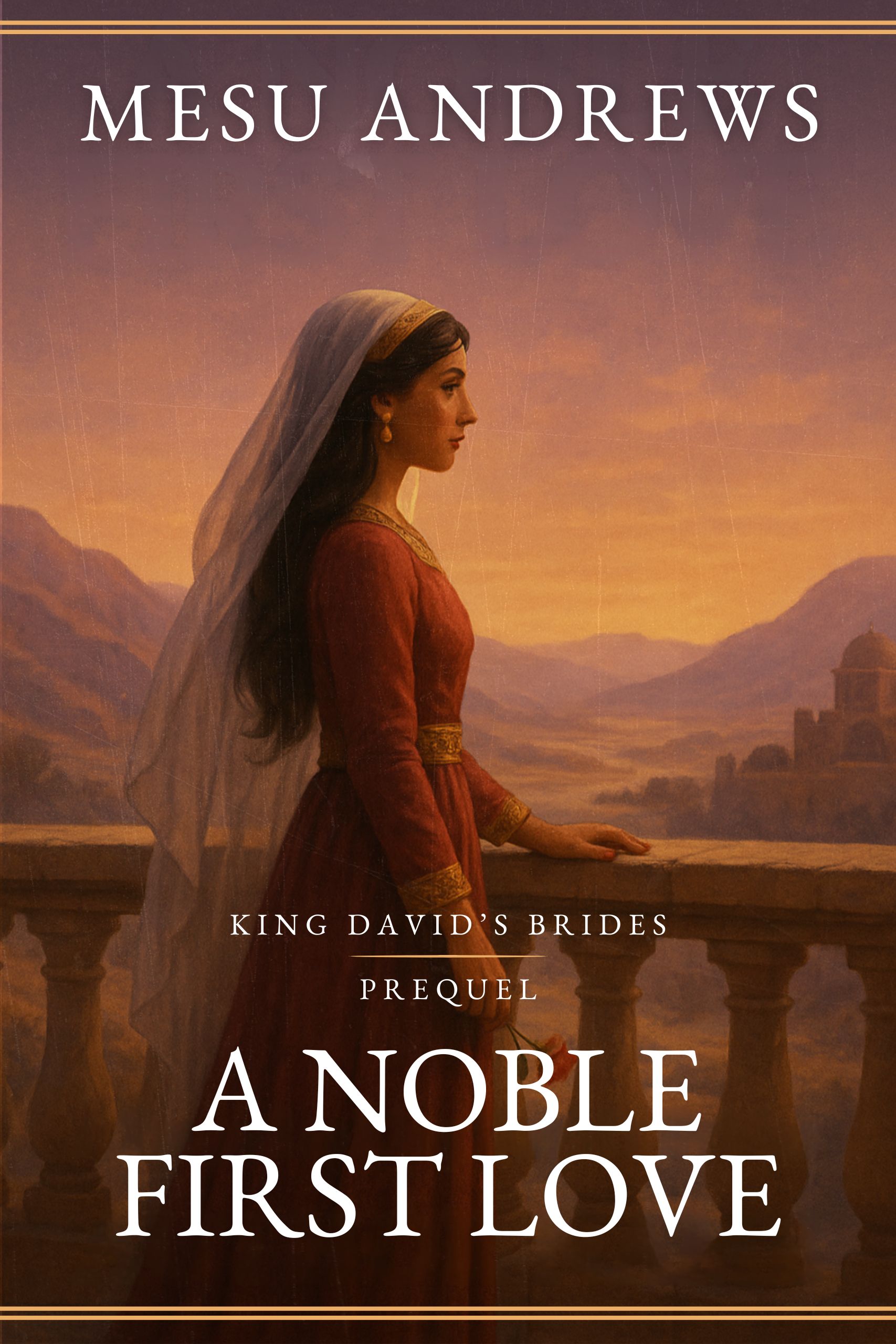 My hubby (Roy) and both our sons-in-love enjoy golf, but only my husband can sit in front of the TV for days, watching grown men hit a little white ball into eighteen holes in the grass. Gary Chapman’s book, The Five Love Languages, mentions five ways people give and receive love. Well, he missed one. Watching golf is my husband’s love language. So, while he watches golf, I sit beside him and play on my laptop (probably not what Chapman had in mind).
My hubby (Roy) and both our sons-in-love enjoy golf, but only my husband can sit in front of the TV for days, watching grown men hit a little white ball into eighteen holes in the grass. Gary Chapman’s book, The Five Love Languages, mentions five ways people give and receive love. Well, he missed one. Watching golf is my husband’s love language. So, while he watches golf, I sit beside him and play on my laptop (probably not what Chapman had in mind).
But my laptop stayed in its case during this year’s final round of the British Open.
Roy records all four days of a golf tournament on TiVo so he can fast-forward through commercials and skip players he’s less interested in. On day-four of the British Open (Sunday), we arrived home from church, and he switched on the TV. Unfortunately (or fortunately), he’d clicked the wrong button and saw the END OF THE MATCH instead of starting at the beginning of the recording!
There, filling the screen, was our favorite golfer—Phil Mickelson—lifting the silver jug in his hands, eyes sparkling, declaring his victory. I screamed, “Turn it off! Turn it off!” Hubby fumbled with the remote, but it was too late. We knew how the match would end…
What Did We Do?
We laughed. We shook our heads and chalked it up to middle-age-techno-challenged, and then watched the recording from the beginning. Guess what. We enjoyed it immeasurably! Instead of the tension we would have experienced every time Phil made a mistake, we relaxed and enjoyed watching his victory unfold. When we reached the end of the tournament and saw (again) the victory trophy in the air and rejoiced as if seeing it for the first time!
It’s a lot like a biblical novel…
Most of the time, we know when we begin reading a biblical novel how the story will end. Eve ate the forbidden fruit. David took Bathsheba to wife and killed Uriah. And Job didn’t die from his suffering (though he wanted to). But we read Havah, Bathsheba, and Love Amid the Ashes because we enjoy the STORIES, right?
Facts and Fiction
I’m often asked, “What percentage of your books is fiction?” My answer is always the same:
As little as possible!
Perhaps that’s why I love research. If I can support biblical Truth with historical facts, then there’s only a small space remaining to fill with fanciful wanderings of my imagination—and I like it that way. Commenting on God’s Word is a weighty matter, and I take that responsibility VERY seriously.
What Is a Biblical Novel?
When your pastor exegetes a passage on Sunday morning, does he sometimes expand on it by describing the culture or characters involved—their ages, how they dressed, what they ate or drank, how they traveled? He’s obviously done his research, but he’s also using his imagination (and asking you to do the same) to give the passage meaning in your current context. He’s become an audio-version of a biblical novel…and the passage comes to life, doesn’t it?
It’s hard for me to stomach placing “Bible” and “fiction” in the same descriptive phrase because I believe Scripture to be God’s absolute Truth. For this reason, I find myself labeling well-researched stories about biblical events and characters: biblical novels.
What About a Happy Ending?
Shouldn’t all biblical novels have a happy ending? Well, that would be nice, but the truth is…some Bible stories simply don’t end well. Love’s Sacred Song is a good example. How can a story end happily, when a shepherd girl wants King Solomon to love her and only her—when Scripture documents him as having 700 wives and 300 porcupines (concubines…sorry, I think I’d be a porcupine if my husband was sleeping with 999 other women!!!)? A very wise Christian author once offered this advice:
“Christian fiction isn’t required to have a happy ending, but it MUST have a hopeful ending.”
And don’t we see this principle reflected throughout Scripture? The Bible includes some extremely sad stories, but they ALWAYS maintain the eternal hope of our faithful and good God.
And truly…shouldn’t the same principle rule our lives? Our circumstances may not all be happy, but we’re never without hope if Jesus Christ is our focus. He is the ultimate end of every story—and we’re simply watching the pages play out.
Tweet-A-Licious!




Comments 6
I appreciate so much that you see that “commenting on God’s Word is a weighty matter” and that you take that responsibility VERY seriously. I’ve read several biblical novels where I didn’t feel the author took their responsibility seriously enough, but I have never felt that way in your books.
Secondly, regarding happy endings (which I feel I desperately need in books!), I’ve been thinking a lot lately about how obsessed we (Americans) are with happiness and fun. I’ve wondering how my life would be different if I valued the pursuit of godliness as an inalienable right much as we’ve been taught to value the pursuit of happiness.
Tina
Several authors were chatting together in an online forum recently, and one of the senior members made a fabulous point. As authors, we have a responsibility to those who come to know our specific style of writing. When someone picks up a book I’ve written, they’ll expect certain things from the story. To deliver anything else–after that reader has devoted hours, and sometimes days to reading my words–is unfair. That’s not to say I may not have a hiccup along the line and publish a lemon at some point–eeeeek! But I’m referring more to the idea of hopeful endings and strong spiritual themes. If I threw in a vampire or a serial killer, my readers might feel a little cheated…huh?
Yes! Please avoid the vampires and serial killers! 🙂
Author
Haha! Will do! 😉
Well researched Biblical “fiction” often comes to life as God seems to retell the story in our day. Who is to say that God did not reveal those events and conversations again through an author to speak to us.
Author
I must confess, Nyla, that I get SUPER excited when I find research that seems to “connect the dots” on historical events the Bible leaves out. Obviously, Scripture’s purpose is to tell God’s story–not to record every detail of history–so, when I find those historical facts that support and highlight God’s Word, I get God-sized chill bumps!!! It’s what makes biblical novels so fun to write.